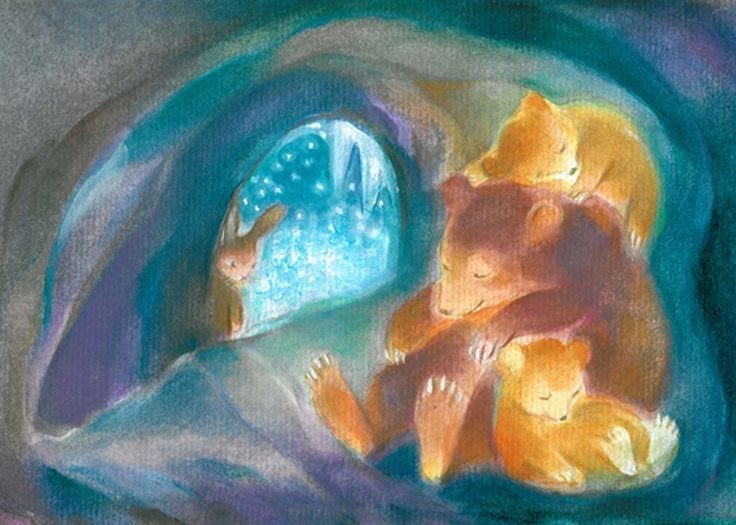How do young children learn?
Play!
The world of the child is play – period.
No matter the agenda and directionality of the grown-ups in their worlds, children are always playing. Think about the truth of that statement.
Play has stages. Academically, the stages of play fit neatly into predictable age ranges.
However, the more accurate presentation is that as they grow and develop, children have access and choices for new types of play.
Children continue to play throughout life, and play, more or less in those prescribed categories, as they have the ability or choice.
A child of any age can choose onlooker play if it suits them best in a context. The child in the video is playing!
In the above video, the incredible developmental value of onlooker play is clear– look at her face!
Children with special needs, play! Children with limited movement, play! Children who are shy to join in, play! Children who don’t like grocery shopping, play!
All play is valuable, all play contributes to whole development and learning,
Children play best given time and space to do so.
Stages of Play (Pathways.org)
- Unoccupied Play (Birth-3 Months):
At this stage baby is just making a lot of movements with their arms, legs, hands, feet, etc. They are learning about and discovering how their body moves. - Solitary Play (Birth-2 Years):
This is the stage when a child plays alone. They are not interested in playing with others quite yet. - Spectator/Onlooker Behavior (2 Years):
During this stage a child begins to watch other children playing but does not play with them. - Parallel Play (2+ Years):
When a child plays alongside or near others but does not play with them this stage is referred to as parallel play. - Associate Play (3-4 Years):
When a child starts to interact with others during play, but there is not a large amount of interaction at this stage. A child might be doing an activity related to the kids around him, but might not actually be interacting with another child. For example, kids might all be playing on the same piece of playground equipment but all doing different things like climbing, swinging, etc. - Cooperative Play (4+ years):
When a child plays together with others and has interest in both the activity and other children involved in playing they are participating in cooperative play.


 Importance of Quality Time
Importance of Quality Time
Leave a Reply